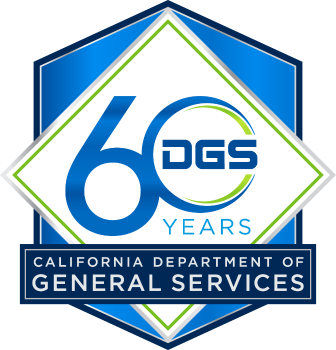Salary Advance (Hardship)
Under certain circumstances, a salary advance may be issued before payday to alleviate an employee's serious, unforeseeable emergency or hardship.
On rare occasions, an employee may experience an unforeseen emergency. The State Administrative Manual, section 8595, provides agencies authority to establish criteria for issuing a “Hardship” salary advance before payday to alleviate an employee’s serious, unforeseeable emergency or hardship.
Unforeseen emergencies or hardships may include:
- Emergency home repairs (storm damage, fire, theft, etc.)
- Costs for collision or major repairs on a vehicle which is the sole means of transportation to work
- Emergency medical expenses
- Death in the family
Criteria
Criteria used for granting a hardship salary advance includes:
- The hardship was unforeseeable; and
- The request does not exceed the actual expense or the employee’s net earnings to-date (whichever amount is less); and
- The amount of pay the employee is due after mandatory and miscellaneous deductions (a new employee has estimated deductions of approximately 40% of their gross earnings); and
- The employee will not receive more than 3 hardship salary advances in a 12-month period; and
- The situation or event causes an immediate emergency or hardship for the employee or those economically dependent on the employee; and
- The employee must have exhausted all conventional means of obtaining necessary funds elsewhere. Emergency salary advances are a last resort. The employee will be required to demonstrate what other alternatives have been explored; and
- The need for the specific amount of the request must be clearly described with copies of substantiating documents showing the amount needed (i.e. physician bill, statement, airline ticket confirmation, etc.); and
- The following required approvals:
- Immediate supervisor;
- Manager; and
- Office/Branch Chief; and
- DGS OHR Personnel Officer
Procedure
The table below depicts the responsibilities when requesting a salary advance.
| STEP | ACTION |
|---|---|
| 1 |
Employee
|
| 2 |
Attendance Clerk
|
| 3 |
Supervisor/Branch Chief
|
| 4 |
OHR Personnel Specialist
|
Repayment
The employee shall repay the entire amount of the hardship advance within the same pay period. In the event the full pay warrant is released to the employee without clearing this advance, the entire amount will be collected by payroll deduction from the employees next applicable salary warrant according to Government Code section 19838.
Resources
Responsible Control Agency
- Department of General Services
Other Resource Materials
- State Administrative Manual section 8595
Contact
Personnel Transactions Unit
West Sacramento, CA 95605
Contact your assigned Personnel Specialist.
Department of General Services
Office of Human Resources
West Sacramento, CA 95605
Contact your assigned Personnel Specialist.
